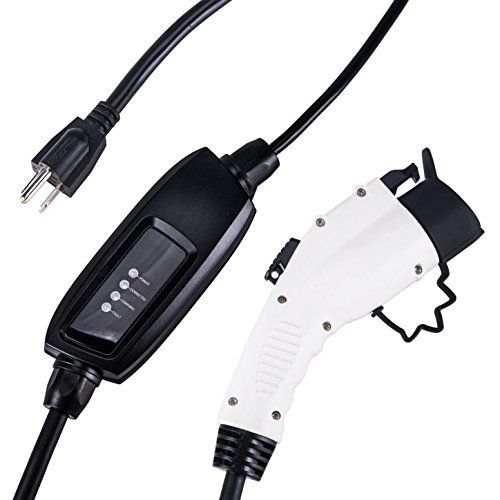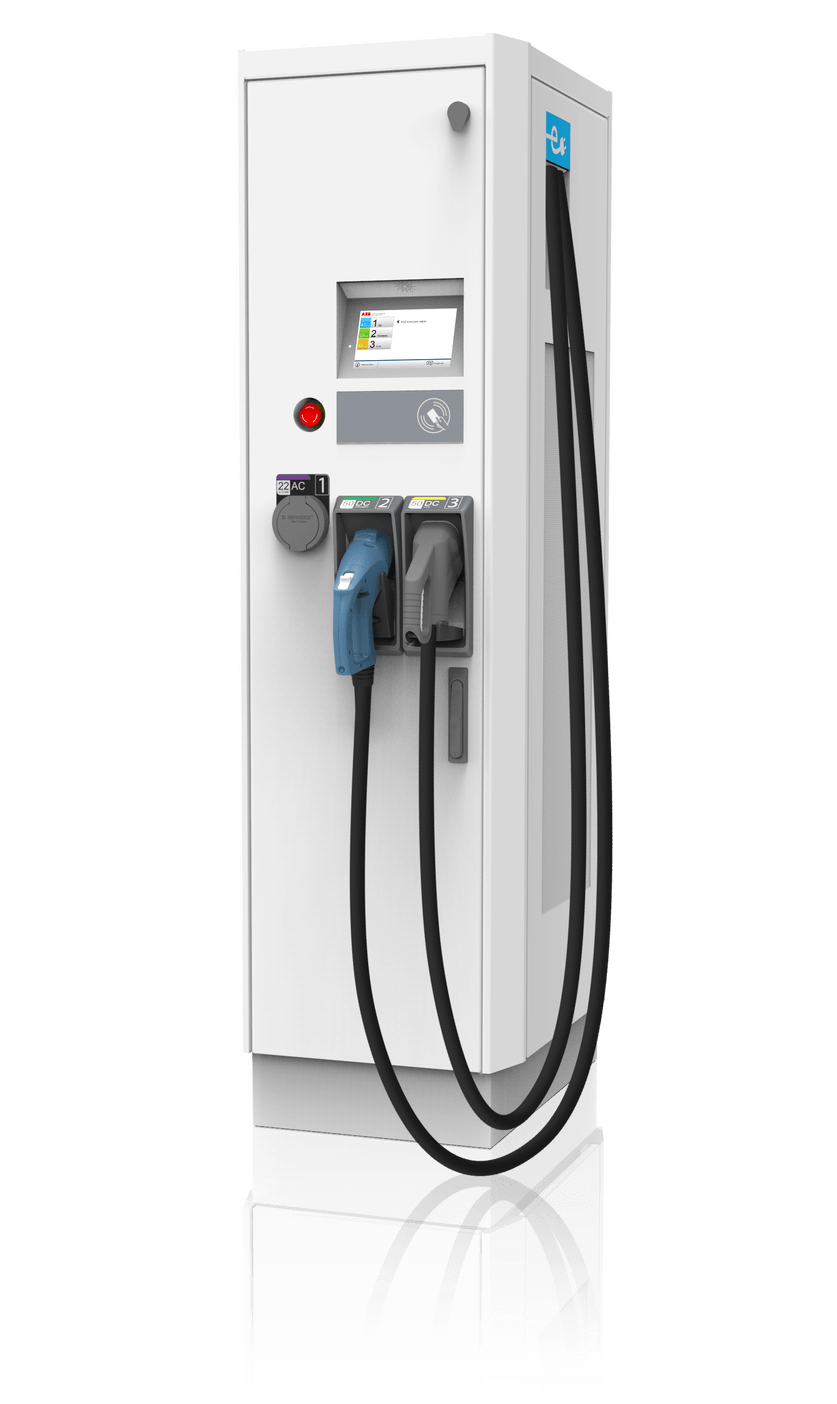Learn More
Getting To Know
Electric Vehicles
&
Charging Stations
Learn More
Getting To Know
Electric Vehicles
&
Charging Stations
Getting To Know
Electric & Hybrid Vehicles
Getting To Know
Electric & Hybrid Vehicles
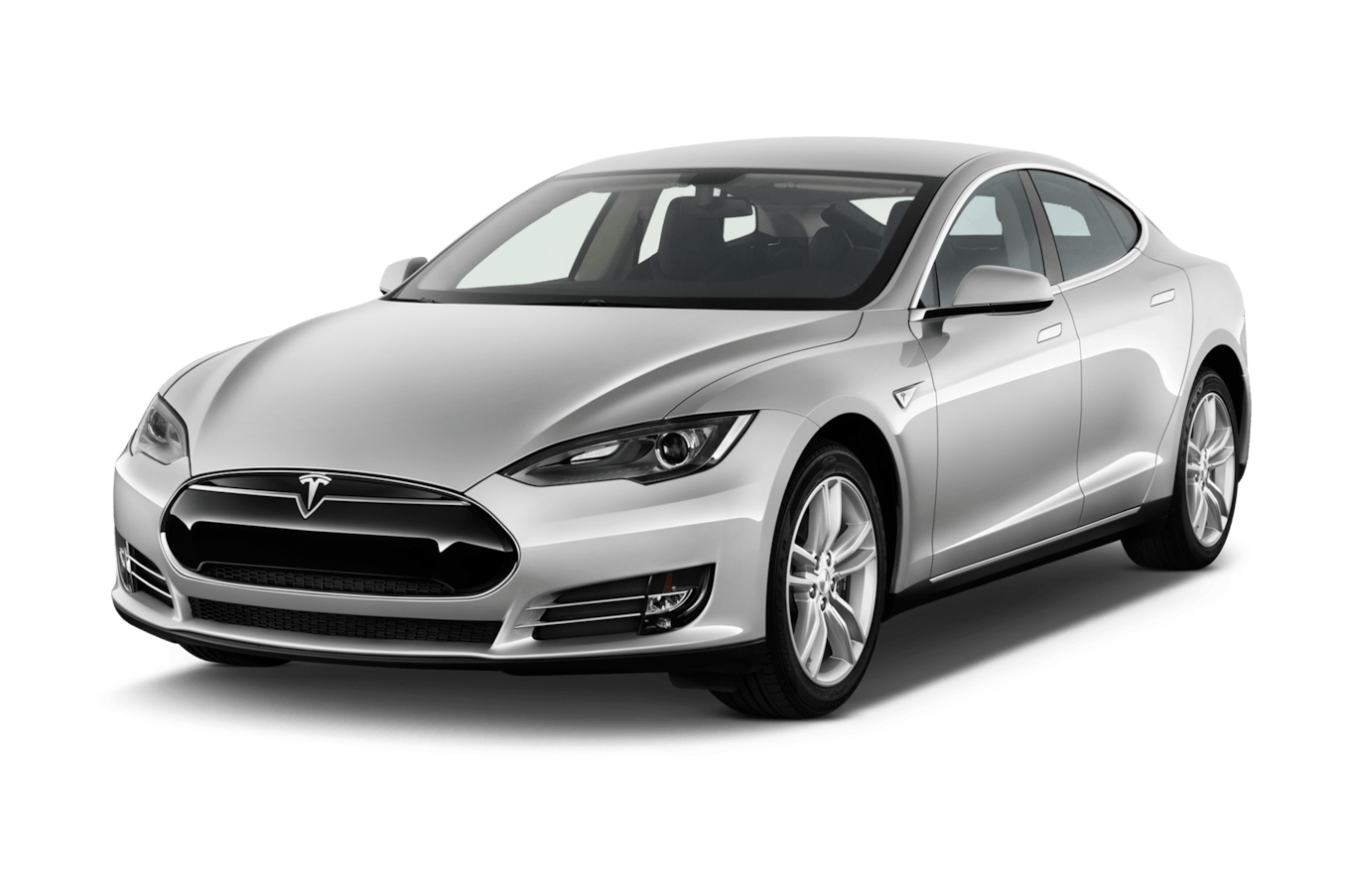
Fully electric cars are powered using electricity and regain a charge when connected to a charging station. They are the most environmentally friendly cars because they emit zero-emissions.
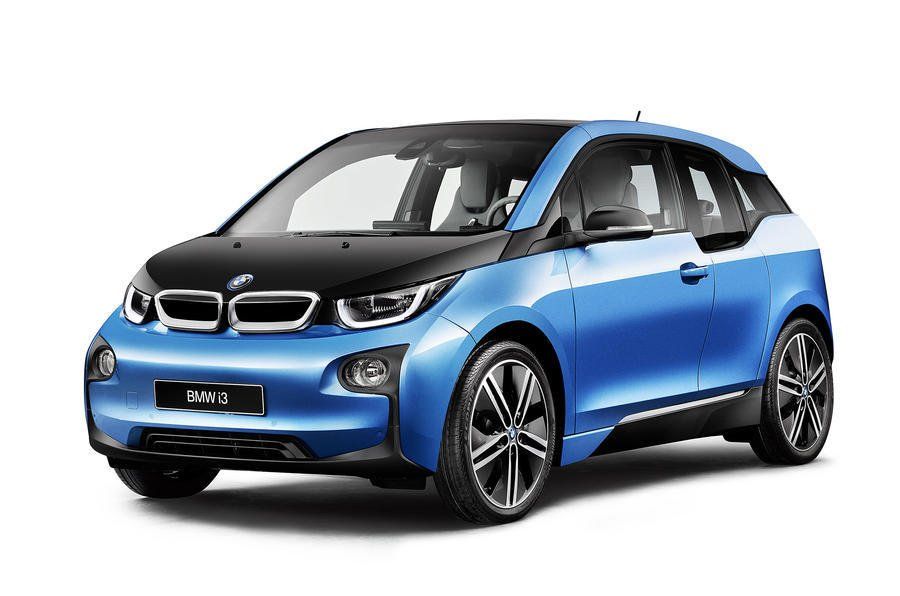
Plug-in hybrids can be fueled with either gasoline or electricity. They are recharged using a standard 120V outlet or charging station. Some have a range of over 70 miles on electricity alone, but can also operate solely on gasoline like a standard hybrid.
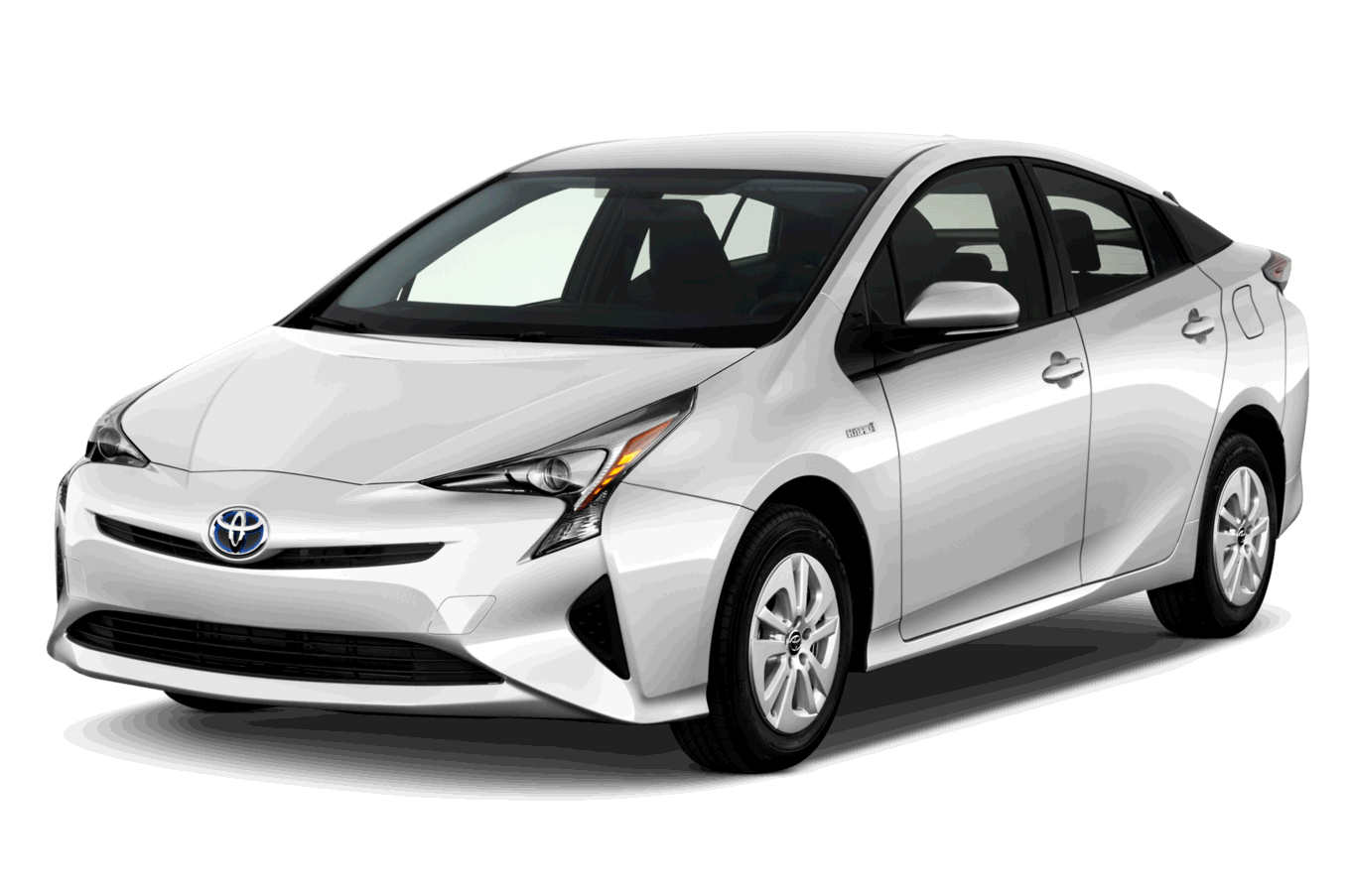
Hybrid cars are fueled by gasoline only, but can recapture energy during braking and store it as electricity that can be used to power the vehicle. Hybrids cannot be plugged into a standard outlet or charger, but can be very fuel efficient.



Getting To Know
Charging Station Levels
EV charging stations (Electric Vehicle Supply Equipment or EVSE) are classified in three different levels, depending on how much power is supplied to the vehicle, which also determines charging speeds. Learn more about each level below.
Getting To Know
Charging Station Levels
Level 1
Residential
A basic charger that comes included with electric cars and can be plugged into any standard 120V outlet. Cheapest to use, but produces considerably slower charging speeds, that can take up to 15 hours to fully charge a vehicle.
Power
(AC) 120V, 1.9 kW @ 12 amp
Miles Per Hour Charged
Up to 5 Miles
Level 2
Residential / Commercial
The most ideal charging option for residential and commercial customers, Level 2 offers the best balance between installation cost and charging speeds. Requires 240V and can fully charge a fully-electric car in up to 6 hours.
Power
(AC) 240V, 19.2 kW @ 80 amp
Miles Per Hour Charged
Up to 30 Miles
Level 3
Commercial
(DC Fast Charger)
The commercial-grade charger, also known as DC Fast Charger (DCFC), is the fastest way to recharge an electric vehicle and it's often found along heavy traffic corridors or along major highways to service drivers traveling extended distances. Able to recharge a vehicle to 80% in 30-45 minutes, Level 3 has a high installation cost, but can be suitable for high-traffic commercial properties.
Power
(DC) 200-500V, 50-120 kW @ 80 amp
Miles Per Hour Charged
Up to 120 Miles
Level
1
Residential
A basic charger that comes included with electric cars and can be plugged into any standard 120V outlet. Cheapest to use, but produces considerably slower charging speeds, that can take up to 15 hours to fully charge a vehicle.
Power
(AC) 120V, 1.9 kW @ 12 amp
Miles Per Hour Charged
Up to 5 Miles
Level
2
Residential / Commercial
The most ideal charging option for residential and commercial customers, Level 2 offers the best balance between installation cost and charging speeds. Requires 240V and can fully charge a fully-electric car in up to 6 hours.
Level
3
Commercial
(DC Fast Charger)
The commercial-grade charger, also known as DC Fast Charger (DCFC), is the fastest way to recharge an electric vehicle and it's often found along heavy traffic corridors or along major highways to service drivers traveling extended distances. Able to recharge a vehicle to 80% in 30-45 minutes, Level 3 has a high installation cost, but can be suitable for high-traffic commercial properties.
Getting To Know
Charging Station
Connectors
Charging station connectors are used to connect the charging station to the electric vehicle. Connectors vary depending on charging station level, and the EV's make and model.
Learn more below:
Getting To Know
Charging Station
Connectors
Additional Information
Additional Information
-
Charging Stations Near You
-
Federal & State Laws and Tax Incentives for EVSE
Learn more about Federal & Michigan laws and tax incentives regarding electric vehicle charging stations (Electric Vehicle Supply Equipment or EVSE)
-
Federal Tax Credits For Electric Vehicles
Ready to buy an electric vehicle?
Check out some of the tax credits being offered for electric vehicles.
Federal Tax Credits for All-Electric & Plug-in Hybrid Vehicles
-
Compare The Cost of Driving With Electricity
-
Compare Cars: Electric Vs. Gasoline
Compare cars and their fuel efficiency. Select any gasoline-fueled vehicle and compare it to an electric vehicle. Find out what savings you might be missing out on!
-
Charging Stations Near You
-
Federal & State Laws and Tax Incentives for EVSE
Learn more about Federal & Michigan laws and tax incentives regarding electric vehicle charging stations (Electric Vehicle Supply Equipment or EVSE)
-
Federal Tax Credits For Electric Vehicles
Ready to buy an electric vehicle?
Check out some of the tax credits being offered for electric vehicles.
Federal Tax Credits for All-Electric & Plug-in Hybrid Vehicles
-
Compare The Cost of Driving With Electricity
-
Compare Cars: Electric Vs. Gasoline
Compare cars and their fuel efficiency. Select any gasoline-fueled vehicle and compare it to an electric vehicle. Find out what savings you might be missing out on!
Number Of EVs on the Road Today
1,000,000+
Number Of EVs Sold in 2021 in the US
361,307
Percentage Increase of EVs Sold in 2021 vs. 2020
81%

